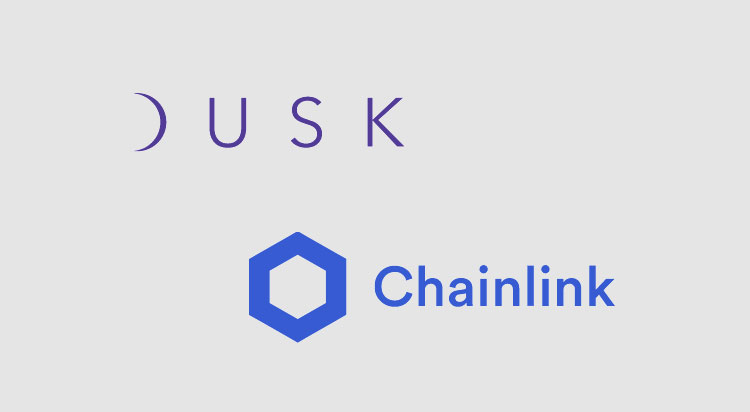Dusk Network, a privacy blockchain for regulated decentralized finance, today announced it will integrate with Chainlink, a decentralized oracle network that provides reliable, tamper-proof inputs and outputs for complex smart contracts on any blockchain.
Initially, the integration will focus on the creation of a trusted bridge between Chainlink and Dusk Network; as well as creating a passway towards a trustless setup. Chainlink strives to become blockchain agnostic, and the integration serves as a stepping stone to bring their ambition to fruition.
“After announcing our collaborations with Elrond and Harmony earlier this year, we’re now adding Chainlink to the list of major industry projects interested in collaborating with Dusk Network for its privacy features, and we will be adding many more as the year progresses. The upcoming Chainlink integration will enable Dusk-based tokens to be responsive to price feeds in real-time, enabling synthetic assets, and a whole host of new applications.”
– Emanuele Francioni, Tech Lead at Dusk Network
Dusk Network + Chainlink
Integrating with decentralized oracles is important for Dusk Network; as it provides the building blocks needed to create secure cross-chain bridges with other blockchains such as Ethereum and Elrond.
Using cross-chain bridges, token projects from other blockchain networks will be able to benefit from the privacy guarantees of Dusk Network. This way, Dusk Network can become a privacy layer for the entire blockchain ecosystem.
In the future, the goal is to also enable users of DeFi applications to access privacy-preserving DeFi applications. Both solutions rely on an accurate feed of price data, securely provided by Chainlink’s decentralized oracle network.
Confidential Token Standard
The Dusk Network protocol includes a standard enabling the issuance of privacy-preserving tokens. More specifically, the standard enables tokens to remain identity-preserving and forward-obfuscating.
Once tokens have been added to the cross-chain bridge, Dusk Network can function as a privacy-preserving wrapper, opening up new potential for mainstream adoption and use cases.
Thanks to this collaboration, existing financial apps can benefit from the advantages of decentralization, while users and businesses can rely on the code to see both their finances and ensure privacy protection.






















